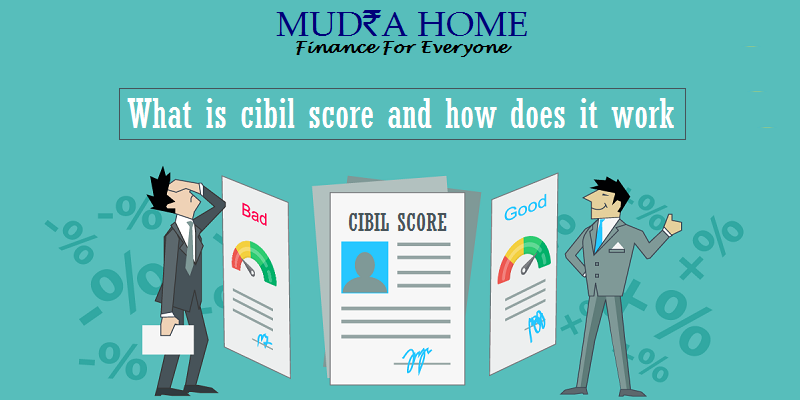
The Credit Information Bureau (India) Limited is India’s first Credit Information Company (CIC) was founded in August 2000. There has been a huge change in the way credit line is interpreted by both consumers and loan providers.
CIBIL Score is a three numbered summary of your credit history. The score is derived using the Enquiry and Account section found in credit history of the CIBIL Report. It is also known as CIR Credit Information Report (CIR). A CIR is an individual’s credit payment history across loan types and credit institutions over a period of time.
When one applies for a loan, the banks check the CIBIL Score and Report to evaluate your credit history and credit worthiness. The higher the credit score the better are the chances of your loan application getting approved. 85% of loans or credit cards are approved for individuals with a CIBIL Score higher than 750.
Transunion CIBIL is credit information company that tracks and monitors the loan repayment histories of financial consumers in India. Your CIBIL score is a three digit numerical which ranges from 300 – 900. Banks and NBFCs use it to ascertain your credit worthiness and the likelihood of you repaying your loan on time.
The credit score ranges between 300 to 900. A credit score over 750 is considered good and the Banks or NBFCs then gain more confidence in your ability to repay the loan and hence, betters the chances of your application getting approved.
A CIBIL score is calculated by taking into consideration five factors –
Your payment history accounts for 40% of your credit score.
Additional Reading: How cibil helps to avail a home loan
Inquiry about CIBIL score does not affect the score but inquiry about credit (loans) from multiple banks can affect your CIBIL score. If one makes many applications for loans over a short period of time, or recently sanctioned new credit facilities, then the lending institutions views the application with caution. It gives an indication that your debt burden has increased or you are less capable of honoring the debts. This leads to a marginal affect of 10% on the Credit Score.
